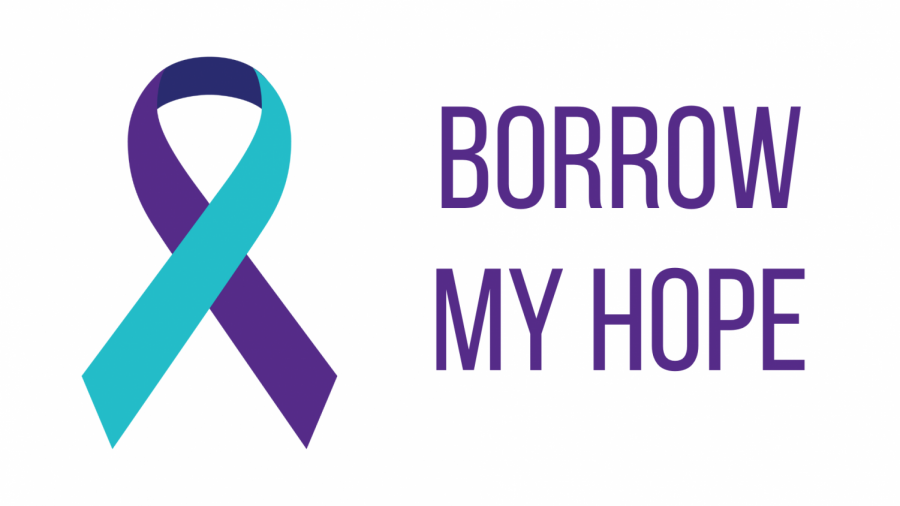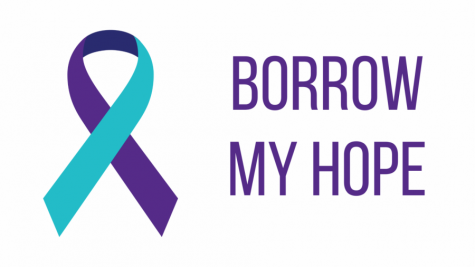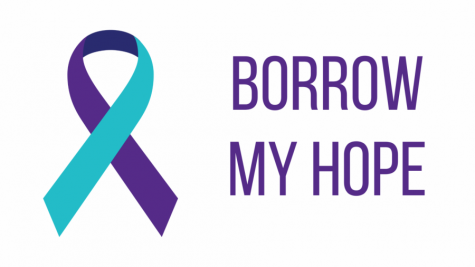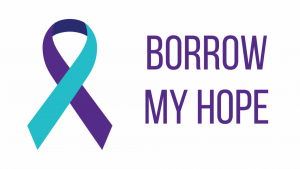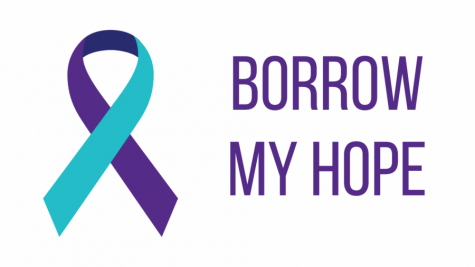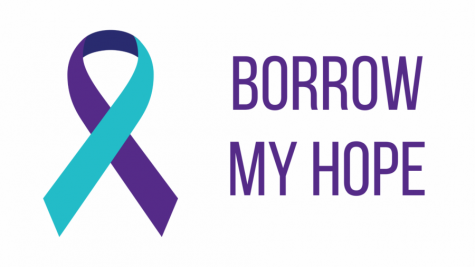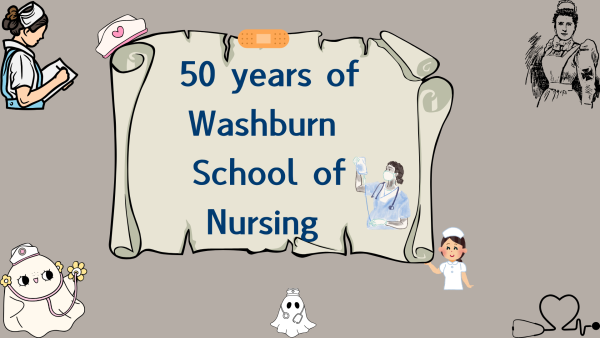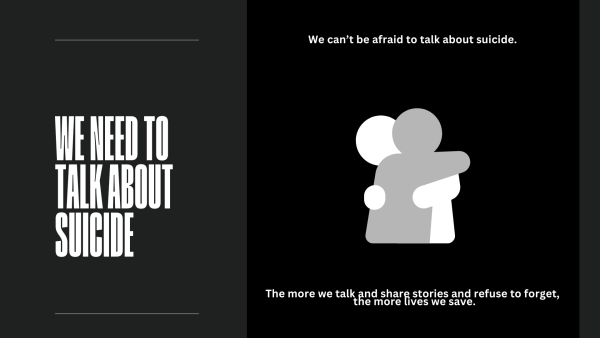Borrow My Hope: Being vulnerable about suicidal thoughts
The teal-and-purple ribbon commemorates lives lost to suicide.
In this newsletter, I’ve already discussed how to reach out about suicide. Today, I want to go over the flip side of that, which is telling someone about suicidal thoughts you might be having.
I had suicidal thoughts starting around age 16, but I didn’t mention them to anyone until I was 18, when they were getting severe and more frequent. Reaching out was one of the hardest things I’ve done.
It takes a lot of courage and vulnerability to talk to others about suicidal thoughts.
What if they judge you?
What if they repeat the countless myths about suicide back to you, saying that you’re just seeking attention?
What if they tell you something like, “Don’t you understand how this will make us feel?”
two men talking
Those questions and more are normal to consider before reaching out. They are healthy fears. At the same time, with the right people, those fears can disappear. With the right people, you can get the support that you deserve.
Healthline provides a useful article on general ways to reach out if you’re feeling like you’re in a mental health crisis. With suicide, this can be more difficult considering the taboo surrounding suicide.
Vulnerability may look like a lot of things with suicidal thoughts.
It could be letting others know that you’re not doing okay, after all, in spite of the facade of happiness that you might be living. It could be revealing that you need help and haven’t been getting it from those close to you. It could be letting others know about the pain that is pounding down on you, pain that they might not know about.
Dr. Brené Brown, a leading vulnerability researcher, describes vulnerability as “uncertainty, risk, and emotional exposure.”
I’m a big fan of those last two words.
There are a lot of uncomfortable emotions that can arise during a conversation about suicide, and facing those feelings is part of vulnerability. At the same time, you’re exposing your shame, anxiety, depression or any other painful emotions to others to interpret. That’s vulnerability, too.
Ultimately, talking about suicide, one of the most intensely private topics to have in our minds given its taboo, can be one of the most vulnerable things we do.
Your donation will support the student journalists of Washburn University. Your contribution will allow us to purchase equipment and cover our annual website hosting costs.




